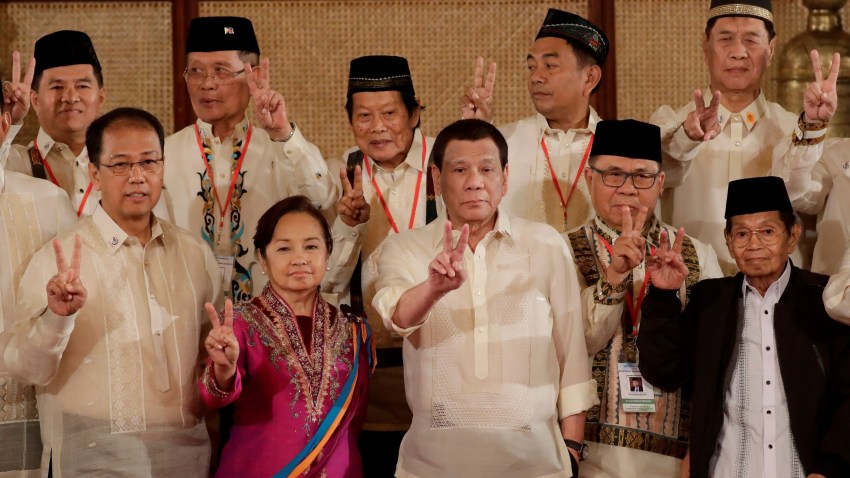On 18 June, a joint force of soldiers and police officers raided a property in Datu Paglas, in the far southern Philippine province of Maguindanao del Sur, in search of suspected Islamist militants. A gun battle ensued, with the authorities later claiming to have shot dead seven members of the radical Bangsamoro Islamic Freedom Fighters, or BIFF, alleging that the occupants of the property opened fire first. Yet the Moro Islamic Liberation Front, or MILF—which has governed an autonomous region in the southern Philippines since 2019 after signing a peace accord with the government—quickly said the targets of the raid were its members. The MILF alleged that the raiding units failed to coordinate the operation with its own forces, as they are required to do under the terms of a long-term ceasefire.
Manila agreed to launch a third-party investigation into the disputed clash. This helped calm tensions before the fallout could seriously threaten the truce between the two sides, which warred from the 1970s in the jungles of western Mindanao until recent years. The encounter also reflects the fragility of the peace process during a transitional period until the first elections in the fledgling Bangsamoro Autonomous Region in Muslim Mindanao, or BARMM, which are scheduled for 2025. As well as avoiding further clashes with each other, the government in Manila and the MILF-led interim authority must ward off the stubborn threat from Islamist militant groups and jointly manage security in a region where private militias and the proliferation of loose firearms threaten to drive violence that outlasts the Moro separatist war.
The political side of the transition is going smoothly. Since March 2019, the MILF has led an interim regional government in the south, known as the Bangsamoro Transitional Authority, or BTA. Elections were initially due to be held in mid-2022, but after delays in passing key legislation due to the COVID-19 pandemic, former president Rodrigo Duterte agreed to a request from MILF chair and head of the interim government Al Haj Murad Ebrahim to postpone the polls until May 2025. The BARMM’s first parliamentary elections will now align with the Philippine mid-term national and local polls that year. For now, continuity is assured. Upon taking office, new president Ferdinand Marcos Jr. reappointed Ebrahim as interim chief minister of the BARMM, while the MILF has retained its 41-seat majority in the 80-member regional parliament. The BTA has passed four of six priority laws—on administration, the civil service, education and elections—with those on local governance and revenue still to pass.

